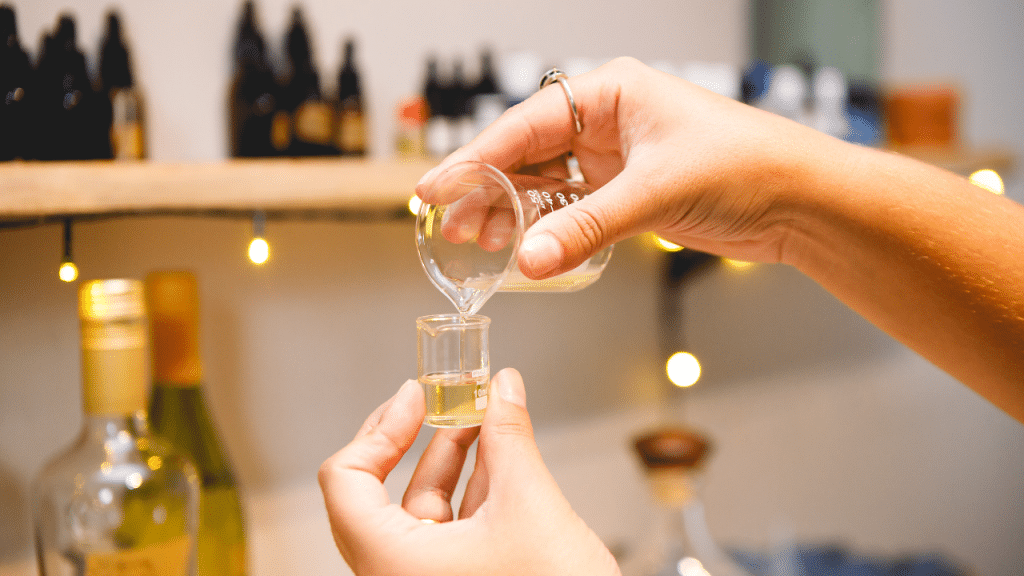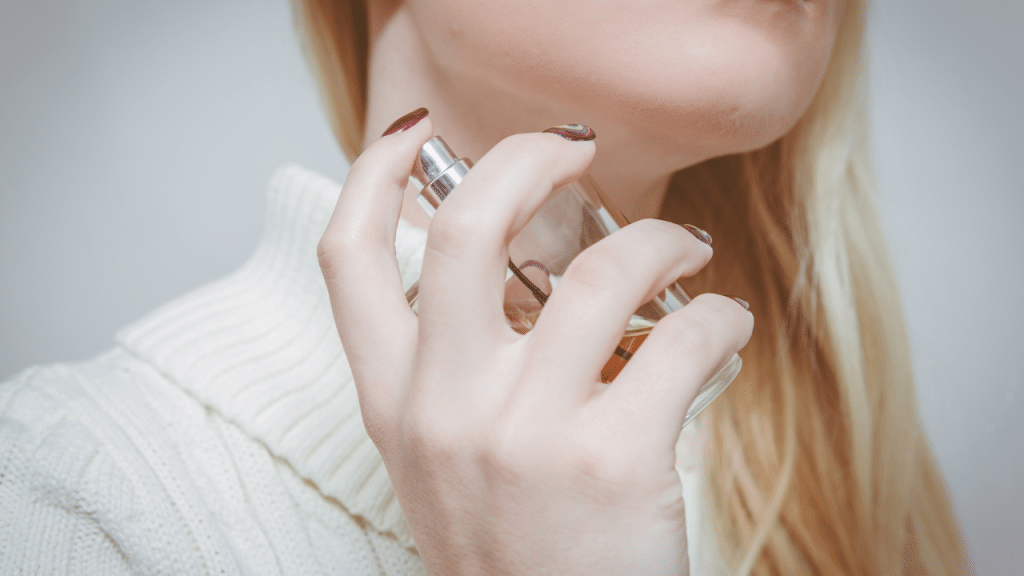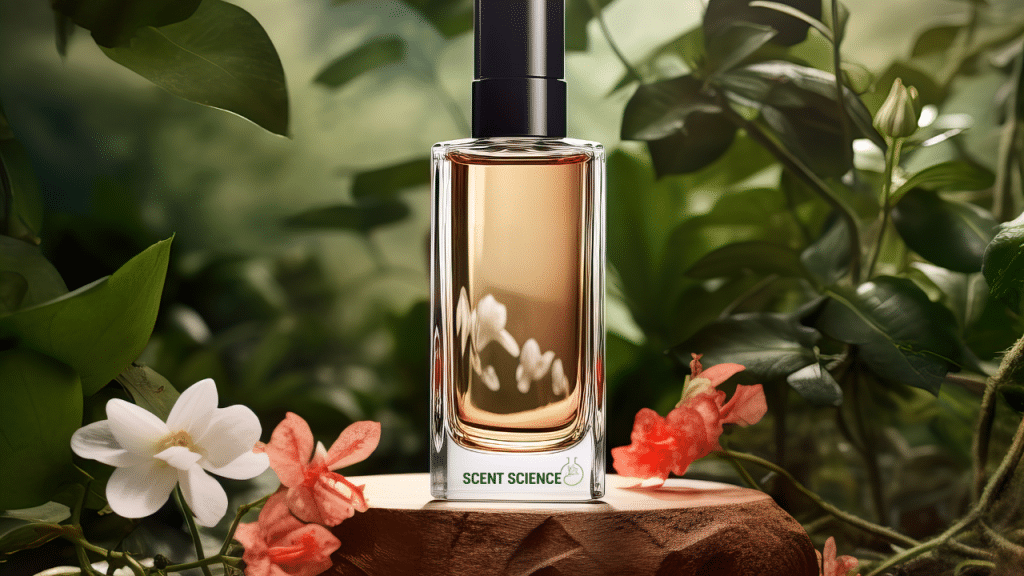As the demand for safer, more sustainable beauty products grows, “clean fragrances” have become a major trend in the perfume industry. But are they really worth the hype? Here’s a clear, evidence-based comparison of clean vs. traditional perfumes, their benefits, and the key factors to consider before you make the switch.
Table of Contents
ToggleWhat Are Clean Fragrances?
Clean fragrances are loosely defined as scents formulated without potentially harmful ingredients such as phthalates, parabens, sulfates, synthetic dyes, and certain synthetic musks. They often rely on natural ingredients like essential oils, absolutes, and botanical extracts, and are typically designed with health, environmental, and ethical considerations in mind. However, the term “clean” is not regulated, and some clean fragrances may still contain safe synthetics for stability or sustainability.

Traditional vs. Clean Fragrance Formulations
| Feature | Clean Fragrances | Traditional Perfumes |
|---|---|---|
| Ingredients | Natural, non-toxic, fewer synthetic chemicals | Often include synthetic musks, phthalates, parabens |
| Longevity | Typically lighter, may fade faster | Longer-lasting due to synthetic fixatives |
| Transparency | Often full ingredient disclosure | Ingredients often undisclosed or listed as “fragrance” |
| Health Impact | Reduced risk of irritation, hormone disruption | Some synthetics linked to allergies, hormone disruption |
| Environmental Impact | Focus on sustainability, biodegradable packaging | May use petrochemicals, less eco-friendly packaging |
| Ethics | Often cruelty-free, vegan, ethical sourcing | May include animal-derived ingredients, animal testing |
Benefits of Clean Fragrances
- Healthier Ingredients: Free from harsh chemicals that can cause skin irritation, allergies, or disrupt hormones.
- Transparency: Many clean brands publish full ingredient lists, empowering informed choices.
- Environmental Responsibility: Use of renewable, biodegradable ingredients and eco-friendly packaging.
- Ethical Production: Often cruelty-free and vegan, with a focus on ethical sourcing.
- Therapeutic and Subtle Scent Profiles: Natural ingredients may offer aromatherapeutic benefits and unique, less overpowering scents.
Limitations and Considerations
- Longevity: Clean fragrances may not last as long on the skin due to the absence of synthetic fixatives, requiring more frequent reapplication.
- Performance Variability: Scent profiles can be subtler and less consistent than traditional perfumes.
- Greenwashing: The term “clean” is unregulated; some brands may use it as a marketing tactic without meaningful changes to their formulas.
- Credo Beauty’s Clean Standard is a good example of a retailer with a transparent clean beauty policy.
- Not Always 100% Natural: Many clean perfumes still use some safe synthetics for performance, safety, or sustainability.
Are Clean Fragrances Worth It?
If your priorities include minimizing exposure to potentially harmful chemicals, supporting sustainable and ethical practices, and enjoying more natural, subtle scents, clean fragrances offer real benefits.
However, if longevity and strong projection are your top concerns, you may find traditional perfumes more satisfying. Ultimately, the best choice depends on your health, lifestyle, and environmental values.
FAQs
Q1: Are clean fragrances always natural?
A: No. While many clean fragrances emphasize natural ingredients, some use safe synthetics for better performance and sustainability.
Q2: Do clean perfumes last as long as traditional ones?
A: Generally, no. Without synthetic fixatives, clean perfumes tend to fade faster and may require reapplication throughout the day.
Q3: Are clean fragrances safer for sensitive skin?
A: Yes, they are typically formulated without common irritants like phthalates and parabens, making them a safer choice for sensitive skin.
Q4: How can I tell if a fragrance is truly clean?
A: Look for brands that fully disclose their ingredients, avoid known harmful chemicals, and are transparent about their sourcing and production practices.
- Environmental Working Group’s Skin Deep Database is a helpful resource for checking ingredient safety.
Q5: Is “clean” just a marketing term?
A: It can be. The term is not regulated, so it’s important to research brands and read ingredient lists carefully to ensure you’re getting a genuinely clean product.

Clean fragrances can be worth the hype for those prioritizing health, sustainability, and ethical values, but may not deliver the same longevity or intensity as traditional perfumes. Always check ingredient transparency and brand ethics before making your choice.
Follow us on social media for more!







